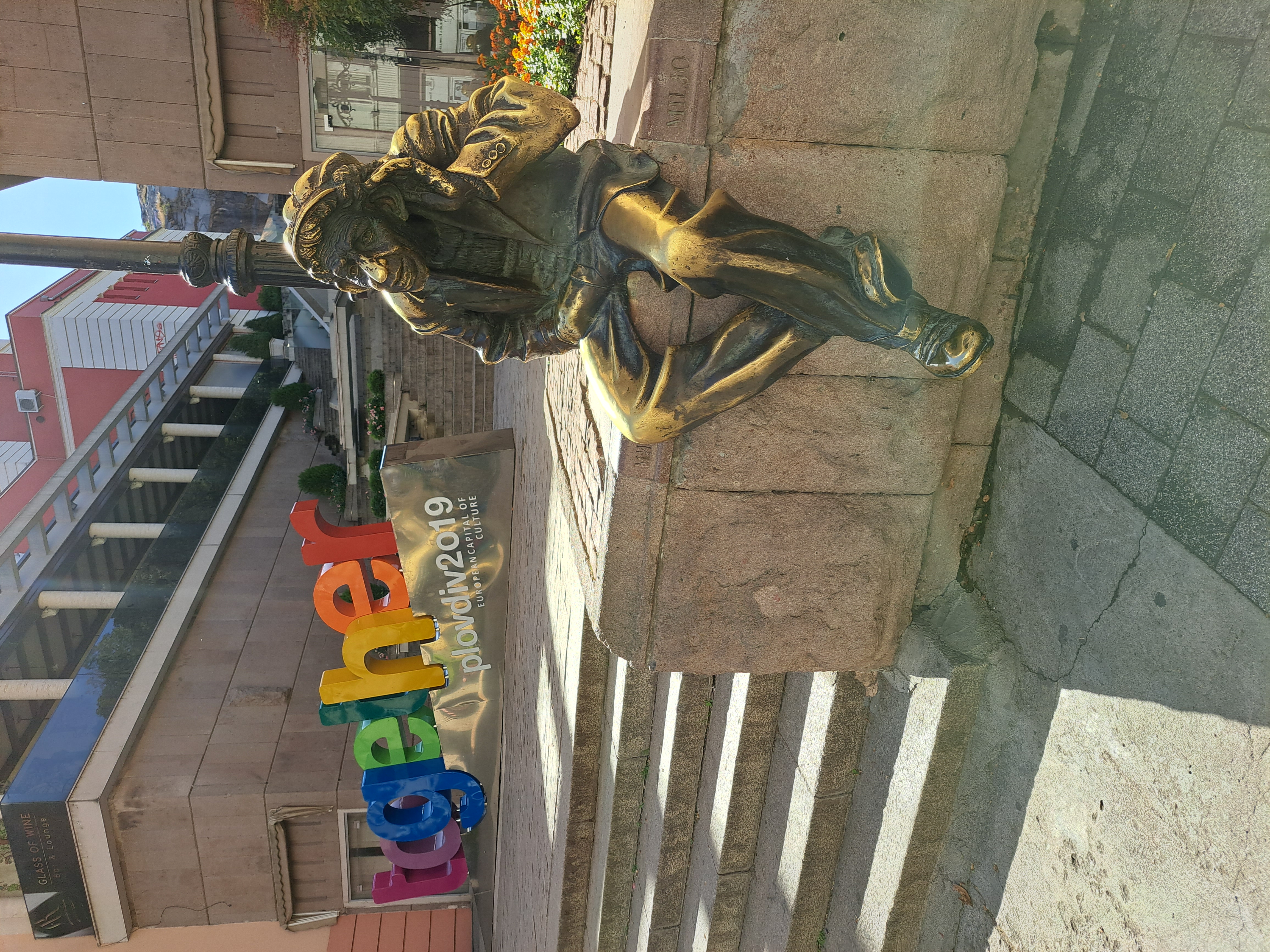(Anti-)social objects:
Reflections around secondhand children’s furniture
DOI:
https://doi.org/10.26266/jcbgsvol2pp73-86Keywords:
anthropology, material culture, consumption, disposal, recycling, second-hand, netnography, field researchAbstract
This article focuses on the multiple trajectories of things, particularly on second-hand children’s furniture through
consumption, reuse and disposal in anthropological terms. The above search was derived from the observation
that amid the health crisis due to the COVID-19 virus and the psychological and financial crisis that the isolation
brought, numerous purchases and sales of second-hand children’s furniture are taking place online. Given that it
is advisable to avoid human contact, assuming with their objects as well, one rightly wonders about the role that
second-hand objects used mainly by children had and still have in people’s lives during the pandemic and postpandemic era. Through the presentation of three ethnographic examples, one concerning the selective purchase
and use of second-hand children’s furniture of a specific type, a second example concerning the acceptance and
use of a different kind of second-hand children’s due to extreme conditions and need, and a third example
concerning a generalized offer and acceptance of second-hand children’s furniture and other items of any kind
among members of an online group, investigates the components related to the negotiation of identities through
the changes in consumption patterns of certain families in times of economic uncertainty and social crisis. At the
same time, the perception of the ownership of objects is revised through their rejection and reuse, while issues of
ecology, ideology and self-redefinition emerge.
Downloads
Published
Issue
Section
License
Copyright (c) 2024 Culture-Borders-Gender/Studies

This work is licensed under a Creative Commons Attribution-NonCommercial 4.0 International License.

